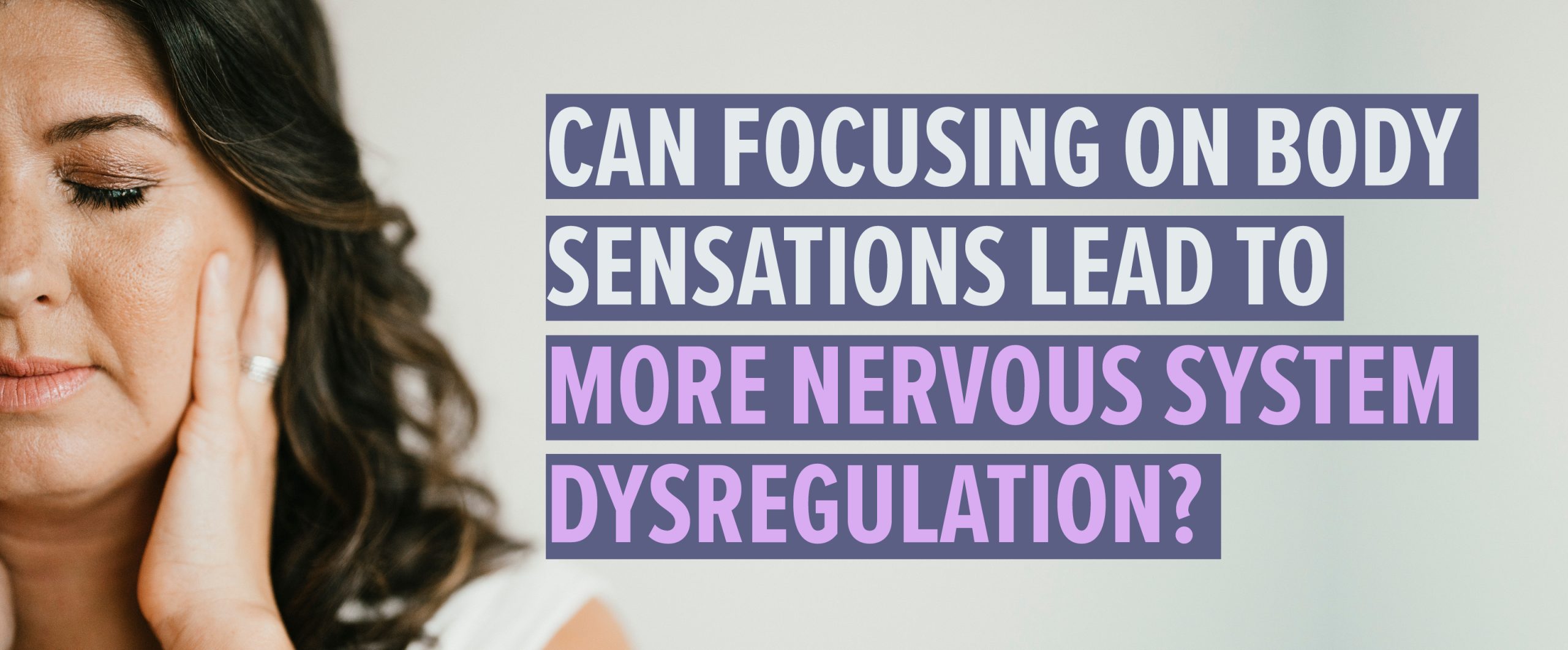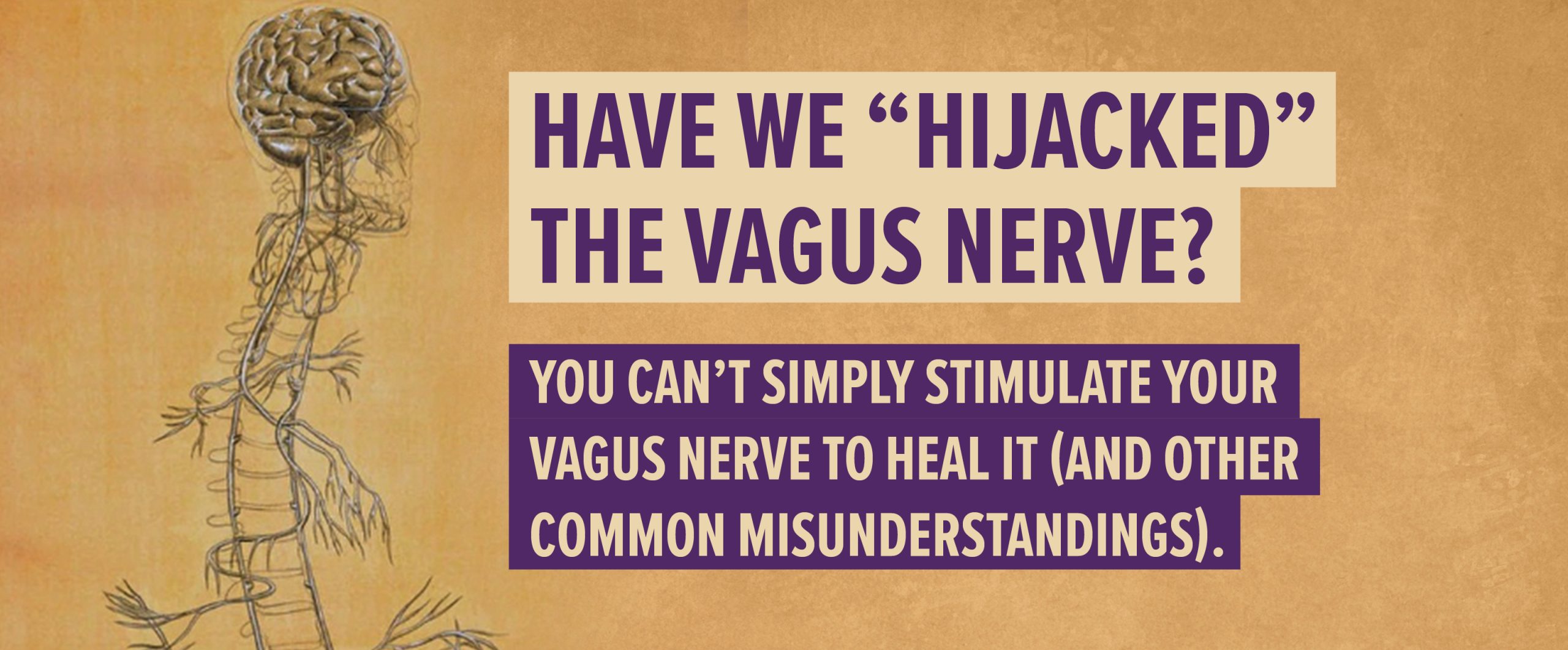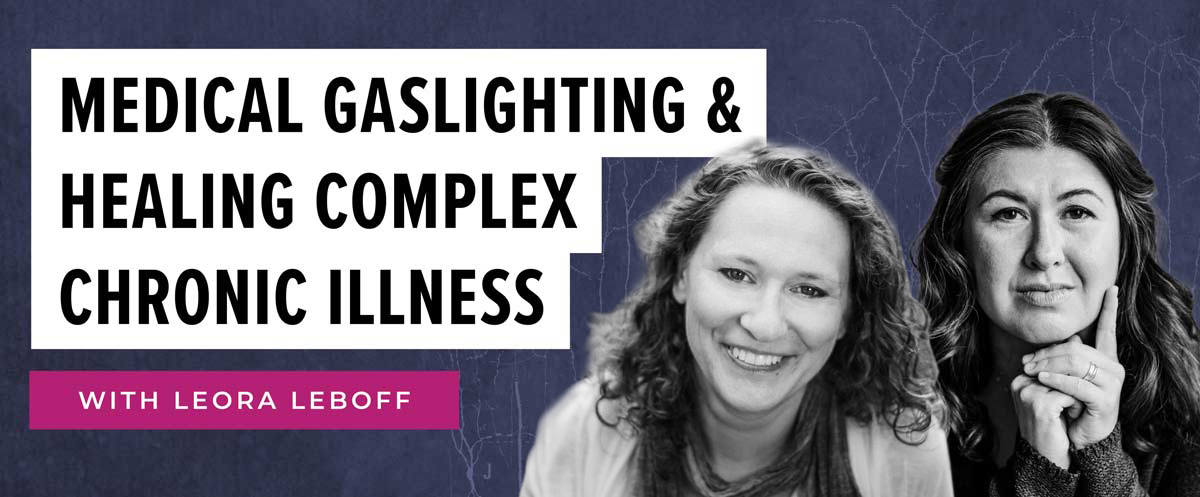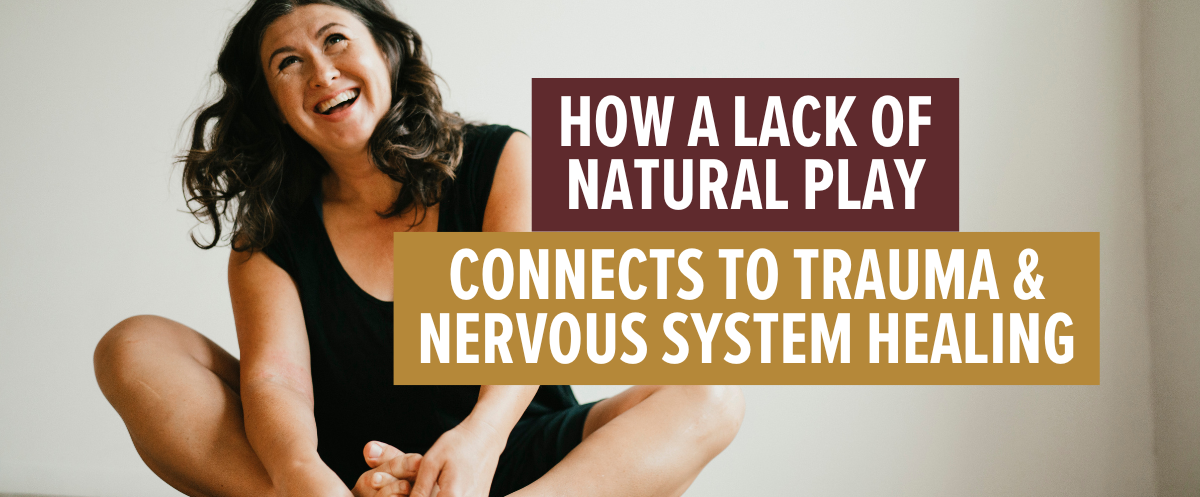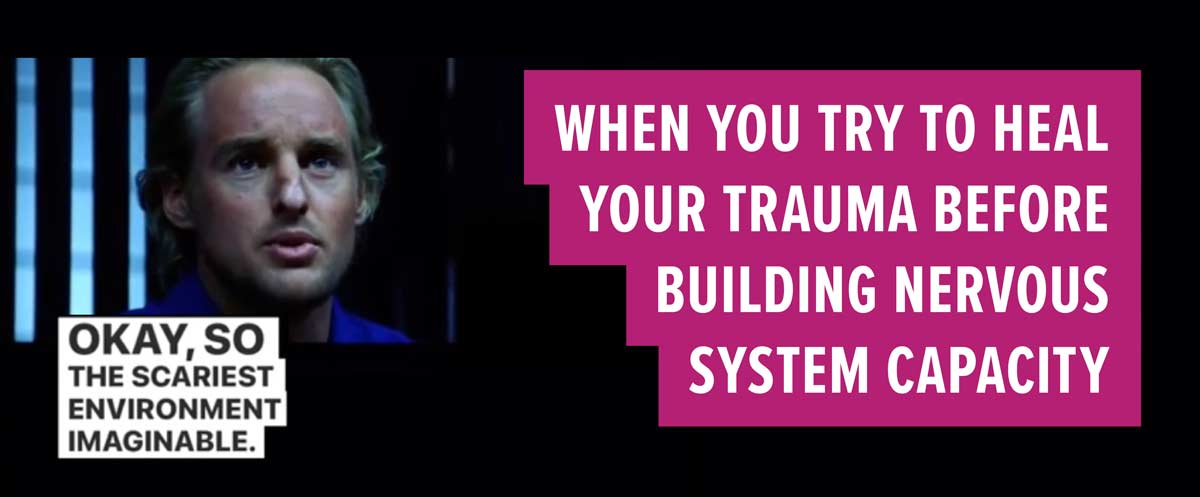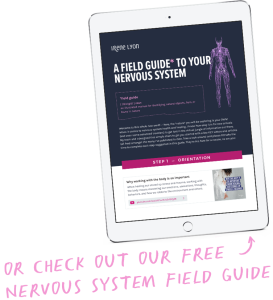Have you flown on a plane before?
You know that feeling when they pressurize the cabin?
If you pay close attention when they do this you’ll actually experience a significant shift in your body physiology. Spaces that aren’t very big, like your inner ear canals, feel heavy and might even constrict. The children and babies on board start to cry. You might even feel a shift in your breathing pattern as your automatic nervous system controls adjust to the change in pressure.
This kind of global response is a perfect analogy to depict two things:
1) That our body is bloody intelligent and will adapt automatically – whether we want it to or not.
2) If we are under stress and we try to not pay attention to it, our body will make note of it, and save it for later (i.e. the pressure will stays).
Whether it is a major accident, a slip and fall on the ice outside of your home, or a fight you had with your partner, when your body safety and physiology is in any way compromised, your system goes into a global response to ensure it doesn’t die.
Many people say to me, “I know it is stress that is causing this back pain”, or “My back always flares up when I go home at Christmas.”
In order to shift and change these patterns you must first understand how stress affects the body.
.
The 5 Key Events Of A Stressful Event
1. You perceive a stress (or threat) and your body goes automatically into a startle and arrest response:
–> You stop – notice what the stress is – you evaluate your safety.
2. At the exact same time as #1, you orient to your surroundings:
–> During this time, your body automatically increases the hormones (adrenaline) to prepare us for the next response.
3. More orienting, occurs, but in a defensive manner:
–> This means even HIGHER levels of adrenaline. Lots of blood goes to your muscles for movement and action.
4. With all this energy and adrenaline ready to go….
–> You either fight or flee the stress.

.
Here’s where the story goes a little side-ways and the potential for future aches and pains start:
If you CAN’T get away (leave the scene, take off) or fight back (even speaking up for yourself is a fight response), then the system automatically goes into a FREEZE response.
5. When there is an inability to defend ourselves via our fight and flight response…
–-> Your nervous system, automatically gets locked into freeze.
In the animal world, when an animal is said to be “playing possum” it means it is playing dead. The thing is that it actually isn’t truly dead, it is simply mimicking being dead. It has gone into a freeze state in order to protect itself, and/or numb out the potential pain of the kill.
We do this too!
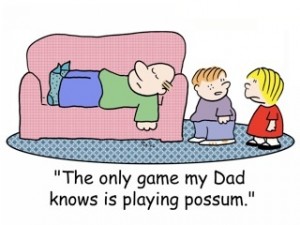
.
Humans are a little different.
“Playing possum” would be the equivalent of fainting or passing out.
But more often than not, when we encounter chronic low level stresses, or have had a big accident and walked away from it as if it were nothing, we enter into a functional freeze kind of existence. It is a place of numbing out the pain, both physical and emotional.
Remember that analogy about the airplane pressure?
.
This automatic – functional freeze – response in our body is global.
When all our organs, muscles, and body systems get primed for attack, but for some reason, we can’t attack or flee, all the body systems go into freeze. Going into a freeze response is more the rule than the exception in our modern world.
This response puts HUGE amounts of trapped stress and energy into our body movement and our muscles. It can be the number one culprit to debilitating back pain that has no known cause (meaning, there is no joint degeneration, spinal defects, or bulging discs etc.).
Here’s the catch: There actually IS a cause, it just isn’t visible. It’s that global pressure that is everywhere wreaking havoc on the system.
.
Classic Signs Of Being Caught In A Functional Freeze Pattern
1. Our capacity to heal and recover is diminished.
When we live in this state our body goes into a low oxygen consumption pattern.
Blood pressure and heart rate are low. Metabolism takes a dive. There is minimal desire for movement. When this is our dominant state, it produces optimal conditions for body conditions such as fibromyalgia, chronic fatigue, chronic muscle tension, chronic pain.
2. More susceptible to injury.
Due to the global nature of this, our capacity to sense ourselves in space is deadened.
Our orientation responses are off kilter. It is more likely that we won’t feel it when we’ve gone too far in that Yoga class, or we won’t respond as swiftly to an uneven surface while trail running, increasing the chances of a fall or sprain.
Being clumsy can be attributed to this too, as is repeating the same old injury or accident over and over again.
3. Trouble making friends and being in relationship.
In the case of being in functional freeze, we can live and act in the world just “fine”, but everything is a little more dull and not so alive feeling.
Trouble engaging socially and not picking up social cues are some signs of being trapped in freeze. Just as in #2, we can repeat the same old non-fulfilling relationships over and over again when this state is dominant in our nervous system.
4. Lack of concentration and creativity.
The part of the brain responsible for higher brain function, learning, creativity and so on, is also the same part that governs our social engagement behaviors, therefore when freeze is the more dominant pattern of our existence, our social engagement nerve fibers aren’t as clever as they can be.
We have difficulty getting into new tasks, our memory isn’t as sharp, focus is troublesome.
This is true for adults and kids as well!
.
How Do You De-Pressurize and Thaw Out From A Functional Freeze State?
If I simplify this to a back pain perspective…
1) Resolve past accidents and traumas in a body and emotionally-based way.
2) Re-orient back to your body – get to know it again in a way that isn’t forceful and IS pleasurable.
3) Social interaction, no matter how small, granted it is safe and supportive, is critical.
If you’ve been in a life-time of functional freeze, which most of us have been, or are (sorry to be the bearer of bad news), it is critical to know that this isn’t something you can just snap out of in one hour, let alone in one week.
The good news is that it can happen when approached in the way that is most suitable for you and your history.
Irene.

